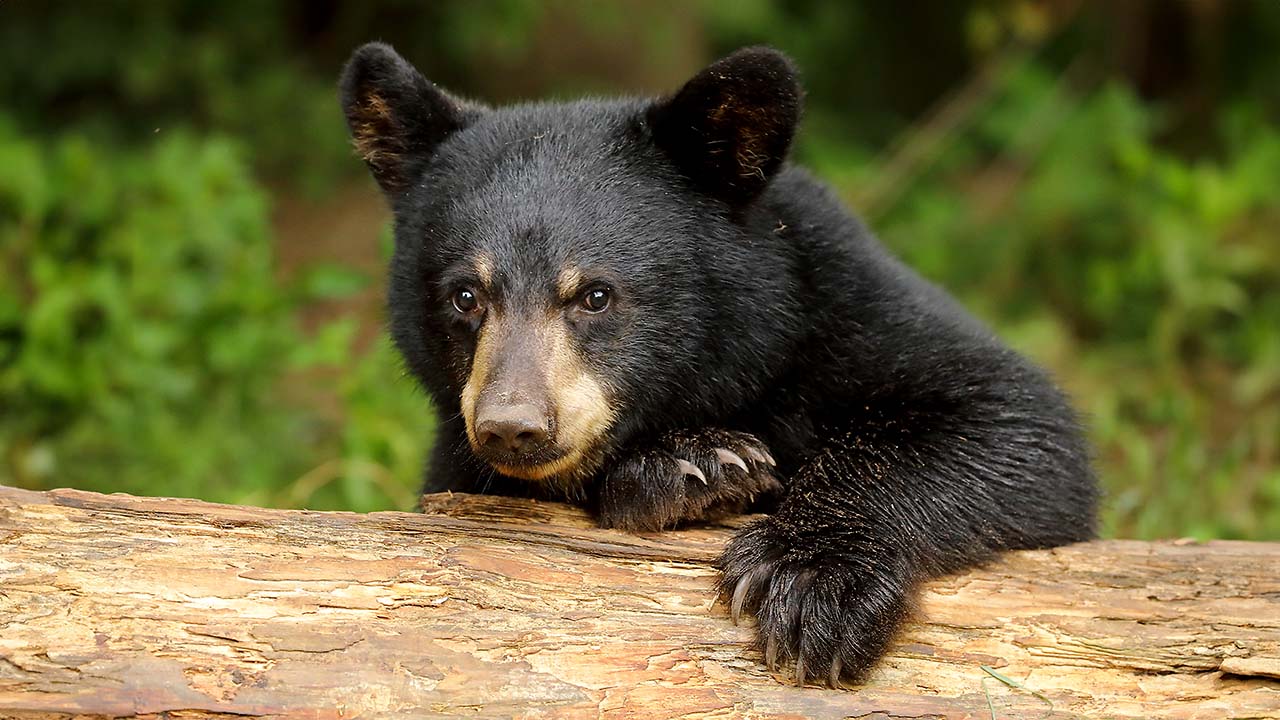Living With the Bears

duaneups/Adobe Stock
This is a time of year bears are out and about in Weston, and Animal Control Officer Melissa Seeley says the dispatch center has been flooded with 911 calls reporting sightings.
That really isn’t necessary, says Officer Seeley. More helpful would be to report the sighting to the Wildlife Division of the Department of Energy and Environmental Protection (DEEP), which reviews sighting reports every day, collects data, and has specialists who can deal with emergencies.
You can report sightings online here and provide details that are most helpful to wildlife experts. None of your personal data is shared publicly.
DEEP also has resources to deal with wildlife-related emergencies, reachable at (860) 424-3333. The department has environmental conservation police officers and wildlife biologists who are specially trained and equipped.
“If a bear is breaking into a home or running at children, those are obviously emergencies,” said Officer Seeley. “But most black bears are non-confrontational. Just seeing one isn’t an emergency.”
She related her own experience walking her dog outside her home and encountering a bear “that was enjoying a snack from a garbage can that hadn’t been put in the garage. The bear looked at us and left. I almost had a minor heart attack, but the bear didn’t want to have anything to do with us at all.”
Canceling the meal ticket
“A bear raiding a trash can is not an emergency. It is Mother Nature reminding us to secure our garbage. A bear on a deck is not an emergency either.” In that case, Officer Seeley said the homeowner should “haze” the bear from a safe distance, preferably inside, by making loud noises.
“Hazing can be banging pots and pans together while yelling, blowing a whistle, hitting a stick on something, setting off a home or car alarm, or just yelling. There are many ways to be loud and scare them away from your home and property.”
You can also remove temptation. “I think bears for too many years have had a free meal ticket with bird feeders and garbage cans,” said Officer Seeley. “They are becoming less afraid of people and looking at our homes as a food source.”
Her suggestions include taking down bird feeders from late March to December, never leaving pet food outside, securing garbage cans and even pouring ammonia on the contents to make them less attractive.
Peaceful coexistence
A section of the DEEP website contains useful and interesting information about Connecticut’s black bears, to an increasing degree “regular residents of Connecticut towns,” and how people can learn to adapt to their presence and avoid damage and problems.
Technically, black bears do not hibernate, so you may see them throughout winter, depending on temperatures and the amount of snow. Cubs are born in late December through early January, usually in litters of two or three. “Unlike grizzly bears,” according to DEEP, “black bears are seldom aggressive toward humans, even when cubs are present. When confronted, a sow will usually send her cubs up a nearby tree while she stands watch beneath.”
A consistent piece of advice about bear encounters is to make your presence known. “Observe it from a distance. Advertise your presence by shouting and waving your arms. Or walk slowly away. Never attempt to feed or attract bears.”
